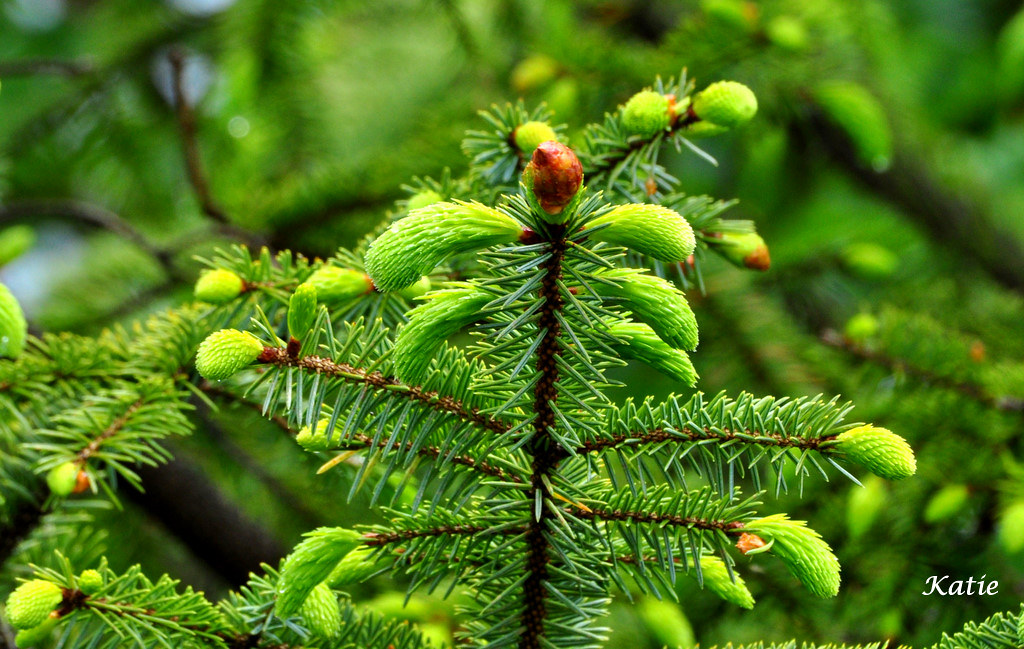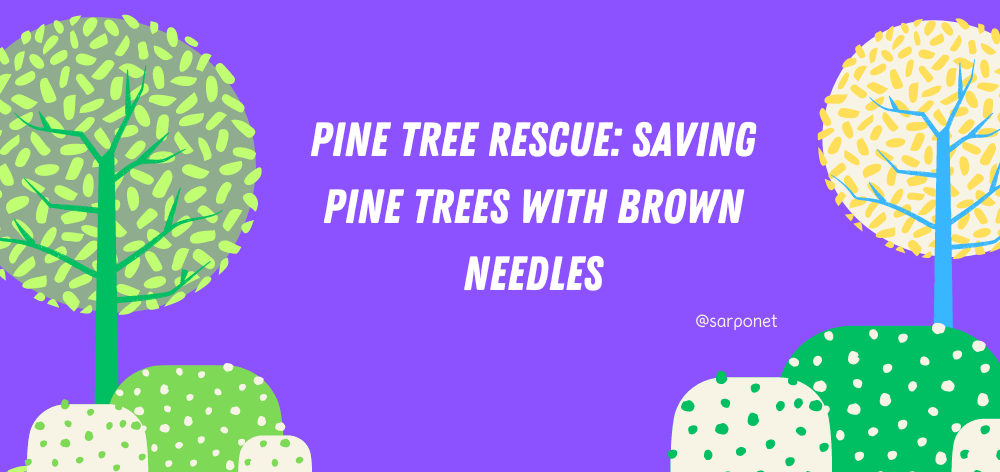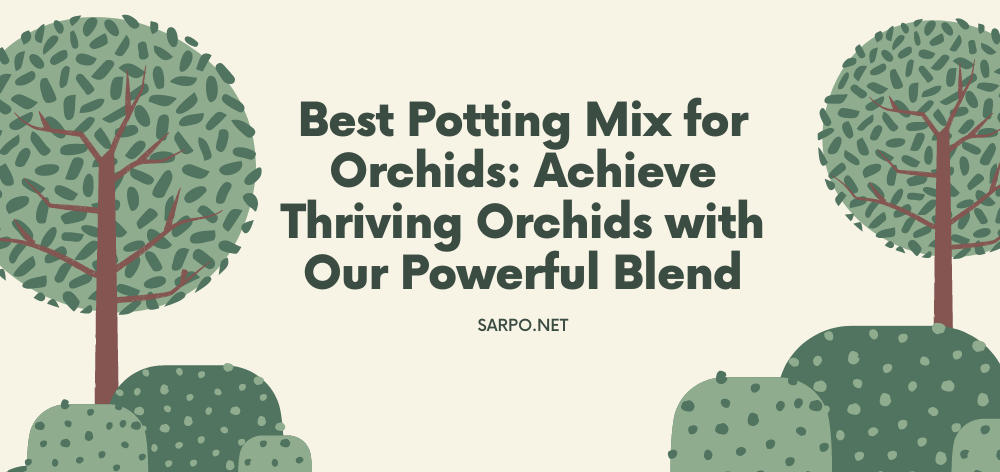What is The Difference Between Apricot Vs. Peach Tree
There are many differences between apricot and peach trees, but the most notable difference is the fruit they produce. Apricots are smaller and have a tart, tangy flavor, while peaches are larger and sweeter. Both fruits can be eaten fresh or used in recipes, but peaches are more popular for eating fresh due to their sweetness.
When choosing between an apricot or peach tree, it is important to consider your climate and soil type. Apricot trees prefer cooler climates and well-drained soils, while peach trees thrive in warmer climates with moist soils. Ultimately, the best tree to choose is the one that will produce fruit that you will enjoy eating!
If you’re looking for a fruit tree to plant in your yard, you may be wondering if apricots or peaches are the right choice for you. Both fruits are delicious and have their own unique flavor. But what are the differences between these two types of trees?
And which one should you choose? Apricots and peaches both belong to the same family of fruit trees, which also includes plums and nectarines. They’re all stone fruits, meaning they have a large pit in the center surrounded by fleshy fruit.
However, there are some key differences between apricots and peaches. For starters, apricot trees are generally smaller than peach trees. Apricot trees can reach a height of 20 feet, while peach trees can grow up to 30 feet tall.
This is important to consider if you’re limited on space in your yard. Apricots also tend to ripen earlier than peaches. You can usually find ripe apricots in early summer, while peaches aren’t typically ready to eat until late summer or early fall.
So if you want to enjoy fresh fruit sooner, an apricot tree might be the way to go. When it comes to flavor, apricots are slightly tangy with a sweet taste, while peaches are sweeter with a hint of acidity. And although both fruits can be eaten fresh off the tree, apricots are often used in baking because of their tartness whereas peaches are more commonly eaten raw due to their sweetness.
So which type of tree should you choose? It really depends on your personal preferences and what you hope to get out of it. If you want a smaller tree that produces fruit sooner, then an apricot tree is probably your best bet.
But if you don’t mind waiting a little longer for sweeter fruit, then a peach tree might be more up your alley.
What’s the Difference between a Peach And Apricot Tree?
When it comes to fruit trees, there are a lot of different options out there. Two popular choices are peach and apricot trees. So, what’s the difference between these two types of trees?
Peach Trees: For starters, let’s take a look at where they come from. Peach trees are native to China, while apricot trees are native to Armenia. When it comes to appearance, peach trees tend to be shorter than apricot trees. As for the fruit itself, peaches are typically larger than apricots. Peaches also have a smooth exterior, while apricots have a more fuzzy skin. In terms of taste, peaches are generally sweeter than apricots.
Apricot Trees: while apricots can range from sweet to slightly tart. In terms of appearance, peach trees often have larger, broader leaves and a more spreading growth habit compared to the typically smaller and more upright apricot trees. Additionally, peach blossoms are usually larger and more vibrant. While both trees thrive in similar climates, understanding these nuanced distinctions enhances the appreciation of these delightful fruit-bearing members of the Prunus family.
So, there you have it! These are just some of the key differences between peach and apricot trees. Whether you prefer one type of tree over the other is entirely up to you!
Apricot Vs Peach Vs Nectarine Fruits
When it comes to stone fruit, there are a few contenders for the title of summertime favorite. Apricots, peaches, and nectarines are all delicious options that can be enjoyed in a variety of ways. But what’s the difference between these three fruits?
For starters, let’s take a look at apricots. These small, orange-colored fruits have a mildly sweet flavor and a soft, velvety texture. Apricots are often used in baked goods or turned into jam, but they’re also delicious on their own.
Peaches are another summertime staple. These fuzzy fruits come in a variety of colors including white, yellow, and pink. Peaches are slightly sweeter than apricots and have a softer texture.
They’re often eaten fresh or used in pies and cobblers. Finally, we have nectarines. Nectarines are very similar to peaches but they have smooth skin instead of fuzz.
They also tend to be a bit smaller than peaches and have a slightly tart flavor. Like apricots and peaches, nectarines can be enjoyed fresh or used in recipes like pies or cobblers.

Peach Vs Apricot Tree
If you were to ask someone which is better – a peach tree or an apricot tree – you would probably get two different answers. It really depends on what you are looking for in a fruit tree. Here is a breakdown of the differences between peach and apricot trees:
- Peach trees typically produce fruit that is sweeter than that of an apricot tree.
- Apricot trees tend to be hardier than peach trees, meaning they can withstand colder temperatures and are less susceptible to disease.
- Peach trees require more pruning than apricot trees.
- Apricots ripen earlier than peaches, usually around early July as opposed to late July/early August.
So, which is better? It honestly depends on your preferences. If you want a sweeter fruit, go with a peach tree. If you want a tree that is easier to care for, go with an apricot tree.
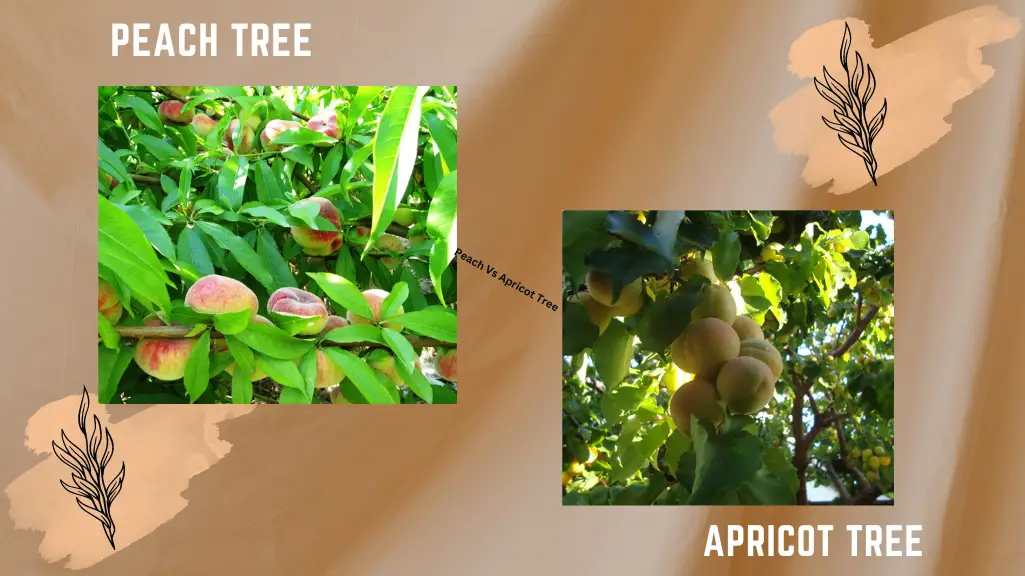
Apricot Vs Nectarine
If you can’t tell the difference between an apricot and a nectarine, you’re not alone. These two stone fruits are often mistaken for one another since they look so similar. But there are actually some key differences between these two fruit that set them apart.
For starters, apricots are typically smaller than nectarines with a more oval shape. They also have a smooth, velvety skin that is usually yellow or orange in color with a faint red blush. The flesh of an apricot is also softer and has a sweeter flavor than a nectarine.
Nectarines, on the other hand, tend to be larger and more round than apricots. Their skin is also smoother and less velvety with a deep red or golden color. And while the flesh of a nectarine is also sweet, it is not as soft as an apricot’s flesh.
So next time you can’t decide whether to buy an apricot or a nectarine, remember these key differences to help you make your decision!
Difference between Peach And Nectarine
When it comes to stone fruit, peaches and nectarines are often lumped together. And while they may look similar, there are some key differences between the two. For starters, peaches have a fuzzy skin while nectarines are smooth.
This is due to a genetic mutation that occurred in some nectarines centuries ago. Peaches also tend to be slightly sweeter than nectarines with a more delicate flavor. Nectarines, on the other hand, have a slightly tart taste with a bit of sweetness.
When it comes to nutrition, both fruits are excellent sources of vitamins A and C as well as fiber. But peaches pack more of a punch when it comes to antioxidants like beta-carotene and lutein. So next time you’re at the grocery store, don’t forget to pick up both peaches and nectarines!
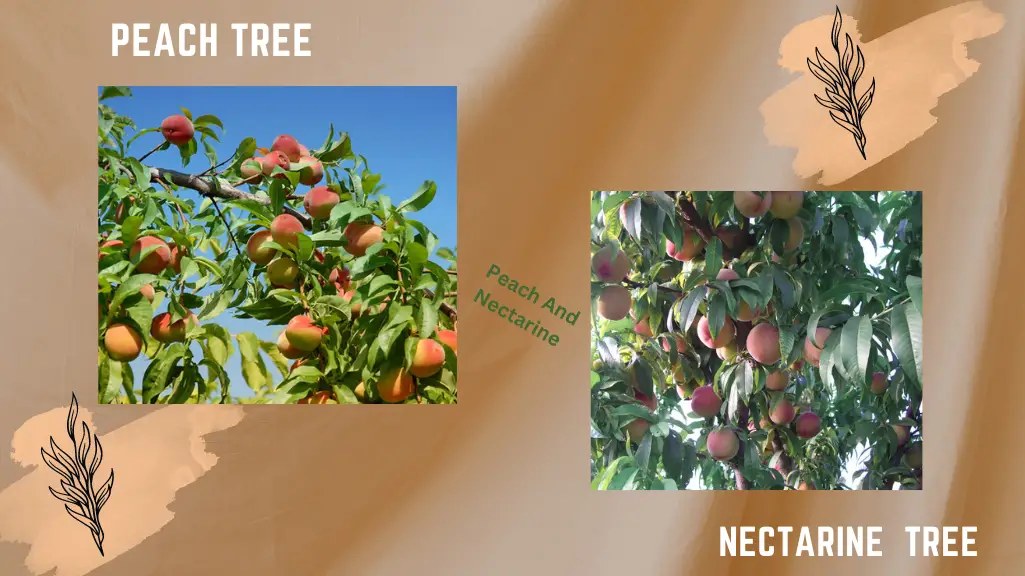
Are Apricots Easier to Grow Than Peaches?
Apricots are not necessarily easier to grow than peaches, but they can be more tolerant of colder temperatures and thus may be a better option for growers in cooler climates. Apricots also tend to have a shorter growing season than peaches, so they may bear fruit earlier in the summer. However, apricots are generally less hardy than peaches and are more susceptible to pests and diseases, so proper care must be taken when growing them.
How Do I Identify an Apricot Tree?
An apricot tree is a member of the rose family and produces a fruit that is similar to a peach. The trees are native to Asia and have been cultivated in Europe since the 16th century. Apricots are grown in warm climates and require full sun to produce fruit.
There are many varieties of apricot trees, but they all have certain characteristics in common. The leaves are oval-shaped and have serrated edges. They are dark green on top and lighter green on the bottom.
The flowers are white or pinkish-white and grow in clusters. Apricot fruits are yellow or orange with smooth, velvety skin. To identify an apricot tree, look for these characteristics:
• Oval-shaped leaves with serrated edges • Dark green leaves with lighter green undersides • White or pinkish-white flowers growing in clusters
What Do Peaches And Apricots Have in Common?
Peaches and apricots are both stone fruits that belong to the genus Prunus. They are similar in appearance, with smooth skin and a fleshy interior. Both fruits have a single large seed in the center.
Peaches and apricots are also similar in nutritional content, providing vitamins A and C, potassium, and fiber. The main difference between peaches and apricots is their flavor. Peaches are typically sweet with a slightly acidic taste, while apricots are tart and tangy.
This difference is due to the different types of acids present in each fruit. Peaches contain more malic acid, while apricots have higher levels of citric acid.
Apricot Vs Peach Nutrition
When it comes to apricots vs peaches, there are a few key differences in nutrition. For one, apricots are lower in calories than peaches. A single apricot has about 17 calories, while a peach has around 37 calories.
Apricots are also a good source of fiber, with about 2 grams per fruit. Peaches have less fiber, with only around 1 gram per fruit. In terms of vitamins and minerals, both apricots and peaches are good sources of Vitamin C. Apricots are also a good source of potassium, while peaches contain more iron.
Frequently Asked Questions:
Is an apricot a baby peach?
No, an apricot is not a baby peach. Apricots and peaches are two different fruits with distinct characteristics and flavors.
Are apricots and peaches good for you?
Yes, apricots and peaches are good for you. They are nutrient-rich, provide antioxidants, contain fiber, and offer various health benefits when consumed as part of a balanced diet.
Can I eat apricots everyday?
Yes, you can eat apricots every day as part of a healthy diet, but it’s important to consume them in moderation and as part of a balanced overall diet to ensure you get a variety of nutrients from different foods.
Conclusion
When it comes to apricot vs. peach trees, there are some key differences to be aware of. For instance, apricots tend to be smaller and more delicate than peaches. They also have a shorter growing season and are more sensitive to frost.
As far as similarities go, both fruits are stone fruits with velvety skin and sweet flesh. So, which one should you choose? It really depends on your personal preferences and what type of climate you live in.
If you live in an area with a long growing season and relatively mild winters, then a peach tree may be the better option for you. However, if you love the taste of apricots or live in an area with harsher winters, then an apricot tree may be a better fit.
Related Articles:
10 Best Small Evergreen Trees with Non Invasive Roots
 Dr Ahsanur Rahman, PHD
Dr Ahsanur Rahman, PHDPine Tree Rescue: Saving Pine Trees with Brown Needles
 Dr Ahsanur Rahman, PHD
Dr Ahsanur Rahman, PHD

